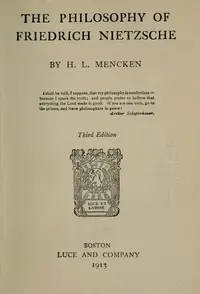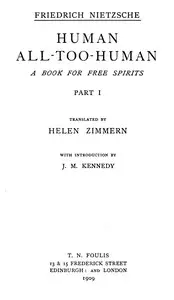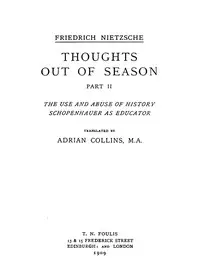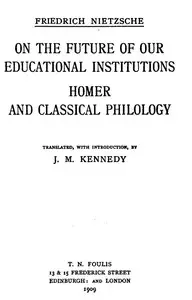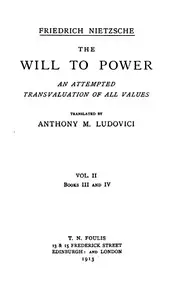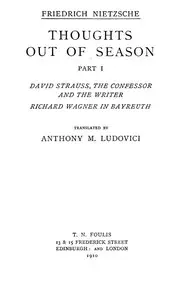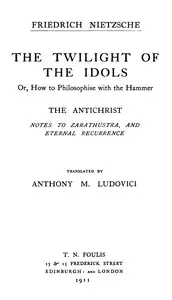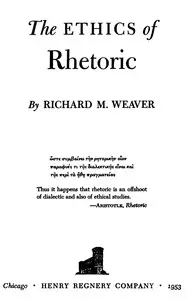"Thus Spake Zarathustra: A Book for All and None" by Friedrich Wilhelm Nietzsche is a philosophical exploration following Zarathustra, a solitary figure who leaves his mountain retreat to share new ideas with humanity. The book focuses on concepts like the rise of the "Superman," the drive for dominance, and questioning established moral codes. Zarathustra, after a decade alone, decides to spread his knowledge, comparing himself to a sun sharing light. However, his early attempts to connect with others reveal a gap in understanding, and he meets a saint who warns him about humanity rejecting wisdom. This sets the scene for Zarathustra’s challenges in communicating his vision and confronting society's values as he faces doubt from those he wants to uplift.
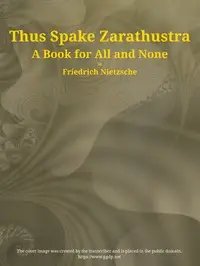
Thus Spake Zarathustra: A Book for All and None
By Friedrich Wilhelm Nietzsche
A lone prophet descends from his mountain to challenge humanity's beliefs, sparking controversy and a quest for a new kind of being.
Summary
About the AuthorFriedrich Wilhelm Nietzsche was a German classical scholar, philosopher, and critic of culture, who became one of the most influential of all modern thinkers. He began his career as a classical philologist before turning to philosophy. He became the youngest person to hold the Chair of Classical Philology at the University of Basel in Switzerland in 1869, at the age of 24, but resigned in 1879 due to health problems that plagued him most of his life; he completed much of his core writing in the following decade. In 1889, at age 44, he suffered a collapse and afterward a complete loss of his mental faculties, with paralysis and probably vascular dementia. He lived his remaining years in the care of his mother until her death in 1897, and then with his sister Elisabeth Förster-Nietzsche. Nietzsche died in 1900, after experiencing pneumonia and multiple strokes.
Friedrich Wilhelm Nietzsche was a German classical scholar, philosopher, and critic of culture, who became one of the most influential of all modern thinkers. He began his career as a classical philologist before turning to philosophy. He became the youngest person to hold the Chair of Classical Philology at the University of Basel in Switzerland in 1869, at the age of 24, but resigned in 1879 due to health problems that plagued him most of his life; he completed much of his core writing in the following decade. In 1889, at age 44, he suffered a collapse and afterward a complete loss of his mental faculties, with paralysis and probably vascular dementia. He lived his remaining years in the care of his mother until her death in 1897, and then with his sister Elisabeth Förster-Nietzsche. Nietzsche died in 1900, after experiencing pneumonia and multiple strokes.


